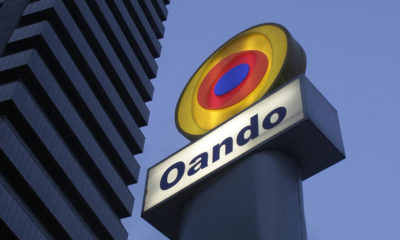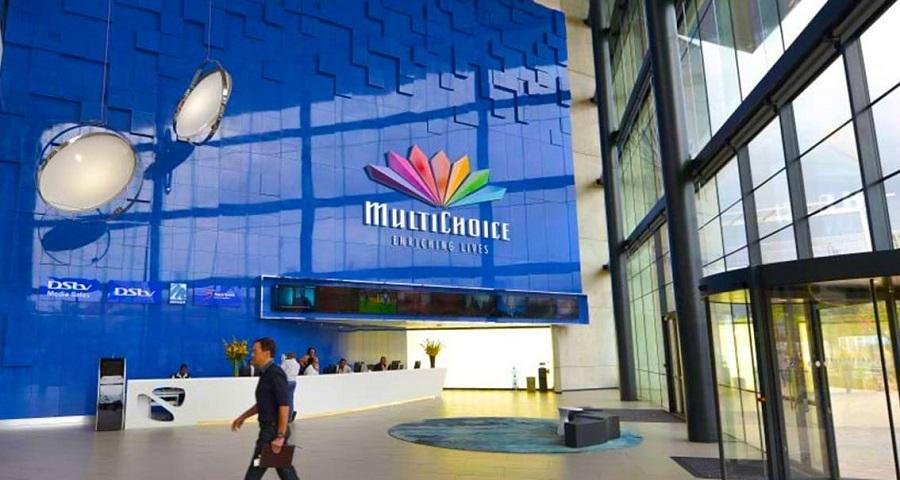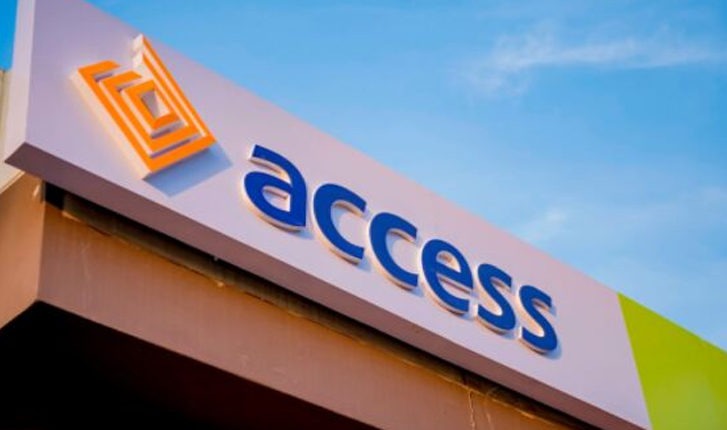Nigerian Exchange Group Plc (NGX) has announced the acquisition of a 5% stake in the Ethiopian Securities Exchange (ESX).
The investment marks a significant milestone for NGX as it seeks to bolster its capital-market activities in East Africa and beyond.
The Lagos-based NGX, formerly known as the Nigerian Stock Exchange, revealed that it participated in a capital-raising exercise alongside institutional investors such as FSD Africa and Trade and Development Bank Group.
While the exact amount of NGX’s investment remains undisclosed, the company indicated that the percentage shareholding could potentially increase to 10% pending approval by NGX’s board.
NGX’s decision to invest in ESX aligns with its broader strategic objectives of facilitating cross-border investment flows, enhancing liquidity, and promoting economic development across the continent.
Temi Popoola, Chief Executive Officer of NGX, emphasized the significance of strategic partnerships and investments in driving growth and fostering collaboration within the African capital markets landscape.
The move comes as NGX transitions from a mutual company owned by stockbrokers to an organization held by shareholders. In 2021, NGX listed its shares on the NGX All Share Index, a move aimed at enhancing access to funding and expanding its capital-market operations both domestically and internationally.
Commenting on the investment in ESX, NGX highlighted its confidence in the potential of Ethiopia’s rapidly growing economy and capital market. By acquiring a stake in ESX, NGX seeks to leverage its expertise and resources to contribute to the development of Ethiopia’s financial sector while also tapping into new growth opportunities.
Following the capitalization of ESX, the Ethiopian government retains a 25% shareholding in the exchange. NGX’s investment not only strengthens its presence in East Africa but also underscores its commitment to fostering collaboration and partnerships across the African continent.
As part of the investment agreement, Temi Popoola, NGX’s CEO, is set to join ESX’s board, further solidifying the ties between the two exchanges.
This move is expected to facilitate greater collaboration and knowledge sharing, ultimately benefiting investors and market participants in both Nigeria and Ethiopia.
With NGX’s acquisition of a stake in ESX, the African capital markets landscape stands to witness increased integration and collaboration, paving the way for enhanced liquidity, deeper market penetration, and accelerated economic growth across the continent.
As NGX continues to expand its reach and influence, its investment in ESX marks a significant step forward in its journey towards becoming a leading player in the African financial ecosystem.


 Forex3 weeks ago
Forex3 weeks ago
 Naira3 weeks ago
Naira3 weeks ago
 Billionaire Watch2 weeks ago
Billionaire Watch2 weeks ago


 Naira3 weeks ago
Naira3 weeks ago




 Naira2 weeks ago
Naira2 weeks ago




 Naira1 week ago
Naira1 week ago




 Naira4 weeks ago
Naira4 weeks ago
 Banking Sector4 weeks ago
Banking Sector4 weeks ago

















